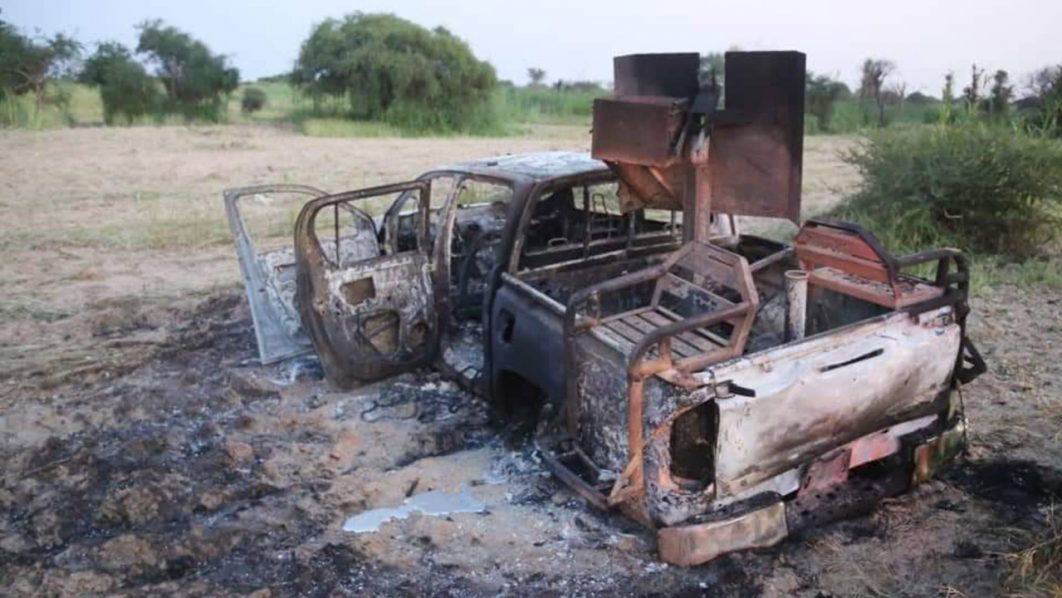
The super camp strategy recently adopted by the Nigerian Army in its fight against Boko Haram insurgency in Nigeria’s northeast is making the troops “less nimble,” a new report said.
The report to be released on Tuesday by a geopolitical intelligence outfit, SB Morgan Intelligence, said the new strategy is making the army “slower to respond to threats.”
The “super camp” strategy created in Borno State’s capital, Maiduguri, is apparently driven chiefly by the military’s inability to defend itself against constant ISWAP raids on poorly constructed military barracks in rural areas.
Under the new strategy, military personnel will be based in a few, well-constructed “super camps,” which ISWAP, a Boko Haram faction backed by the Islamic State, presumably cannot overrun.
Army chief General Tukur Buratai, while announcing the building of more 20 super camps in September, described them as “the concentration of formidable fighting forces in strongholds that have the capacity for swift mobility.”
“This requires the forces to be proactive, dogged, and capable of making bold offensives at all times to defeat the adversary by denying freedom of action.”
Soldiers have left many towns in the region following the establishment of the camps. Some security experts say the areas vacated are being filled by insurgents, leaving civilians vulnerable.
“The new strategy has…affected the military’s ability to dominate the area of operation and keep troops in remote areas in order to deny the insurgents freedom of movement,” SBM said in the report.
“The super camps also depend heavily on patrols by troops who are exposed to threats from improvised explosive device and ambush.”
Although the SBM said the government has done well in “bringing down the total number of deaths due to Boko Haram to pre-2014 levels,” it noted that the Nigeria military should not “just focus on the numbers of attacks and casualties, but in what trend those attacks and casualties are going.”
But Jacob Zenn, an adjunct assistant professor at Georgetown University and senior fellow at The Jamestown Foundation, who has been following Boko insurgency, said the new strategy may eventually be counterproductive and lead to more military and civilian casualties.
Zenn explained that the super camps allow factions of Boko Haram the “space to operate,” which the terrorists could use to “amass new recruits, train them, and generate more tax revenue, at which point it may be capable of attacking “super camps” and threatening major urban areas.”
“Military and civilian death tolls would then rise again,” Zenn said in a blog post published on United States’ Council on Foreign Relations’s website last month.
Many Nigerian troops have been killed, the ISWAP has claimed in recent times. It also claimed seizures of caches of weapons. The surge in attacks on the Nigerian troops by ISWAP also raises questions about Nigerian government assertions that it has defeated the insurgents.
The US estimated that Boko Haram and Islamic State West Africa Province have been responsible for more than 30,000 deaths since 2011.
More than two million people have been displaced, sparking a dire humanitarian crisis in the region.






